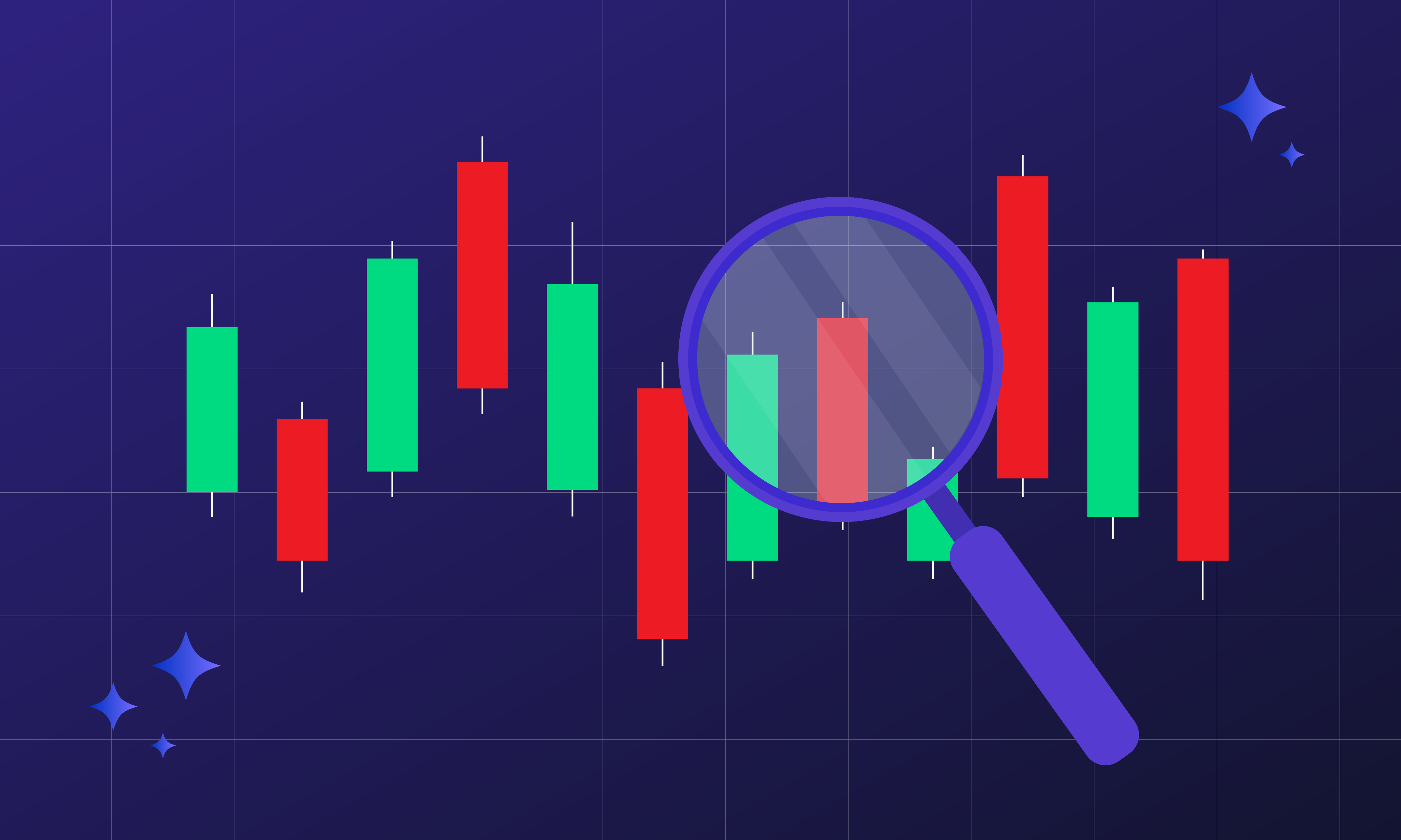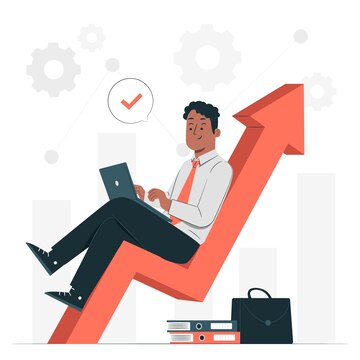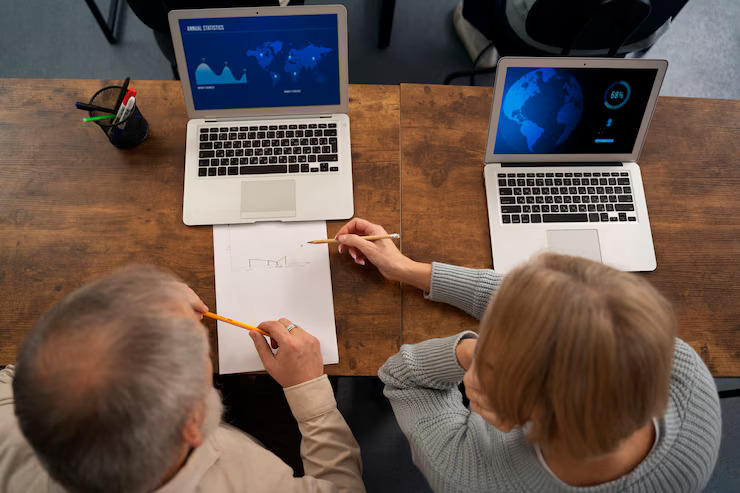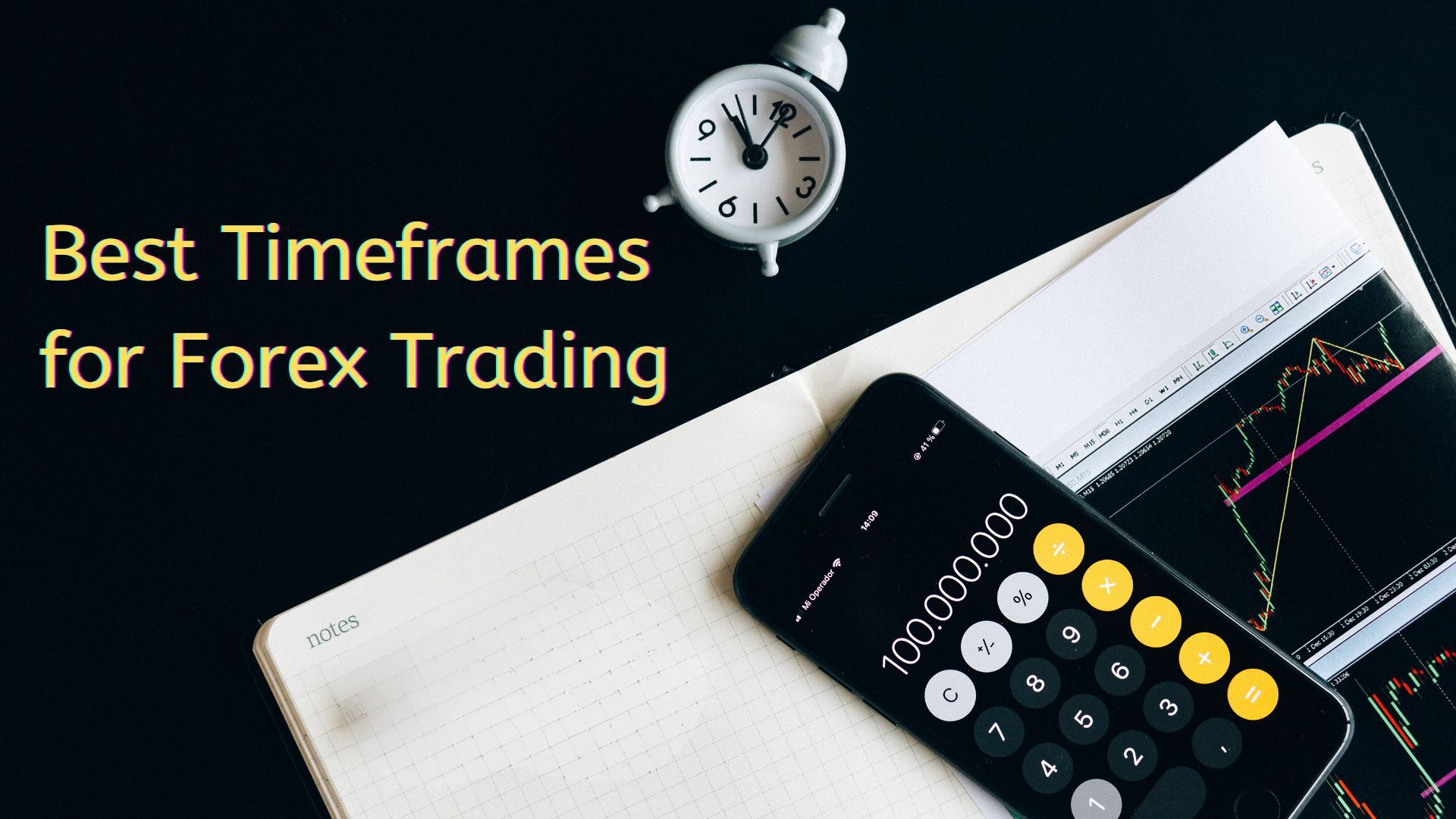In the world of trading, psychological and emotional factors play as significant a role as technical analysis and market trends. Trading from home, while offering the comfort and flexibility of a familiar environment, brings its own set of unique Read More
challenges. Here’s an exploration of the psychological dimensions of trading from home, especially in the realms of forex and cryptocurrency:
- Emotional Rollercoaster: Trading, by nature, is fraught with highs and lows. The thrill of a successful trade and the disappointment of a loss can be magnified when operating in isolation at home. Without the camaraderie of a trading floor or an office, managing these emotions becomes paramount.
- The Dual-Edged Sword of Accessibility: The digital age has made forex and crypto trading platforms highly accessible. While this means that traders can react quickly to market changes, it also poses the risk of overtrading. The boundaries between work and leisure can blur, leading to potential burnout.
- Cognitive Biases in Decision Making: Traders are prone to cognitive and emotional biases that affect their investment decisions. Confirmation bias, for instance, can lead traders to seek information that aligns with their pre-existing beliefs, potentially overlooking contradictory data. Another bias, the illusion of control, can make traders overestimate their influence over market outcomes. If you are looking to learn more about forex demo account, view the above website.
- The Importance of Discipline: Setting clear trading rules and adhering to them is crucial. This discipline helps in removing emotions from the decision-making process as much as possible. For instance, determining in advance the limits on potential gains or losses can prevent impulsive decisions driven by fear or greed.
- Emotional Resilience: Building emotional resilience is essential for long-term success in trading. This involves developing strategies to cope with the inevitable losses and setbacks. Meditation, regular breaks, and physical activity can help maintain a balanced mindset.
- The Role of Community: Engaging with online trading communities can provide a sense of belonging and offer valuable insights. Sharing experiences, discussing strategies, and seeking advice can help navigate the emotional challenges of trading.
- Continuous learning and adaptability: The markets, especially dynamic ones like forex and crypto, are in a state of constant flux. Adapting to these changes requires not just updating one’s knowledge but also being aware of one’s psychological responses to these shifts.
- Network with other traders: Networking with other traders can provide valuable insights into the cryptocurrency and forex markets and help you stay updated on the latest trends and developments. Joining trading communities, attending webinars, and participating in online forums can help you connect with other traders and learn from their experiences. Additionally, networking can provide emotional support and help you avoid the isolation that can come with remote trading.
- Develop a trading plan: A trading plan is a written document that outlines your trading goals, strategies, and risk management techniques. It should include details such as your preferred trading style, the markets you will trade, the timeframes you will use, and your entry and exit criteria. By having a trading plan in place, you can avoid making impulsive decisions based on emotions or short-term market fluctuations. Additionally, a trading plan can help you stay focused on your long-term goals and maintain a disciplined approach to your trading strategies.
To sum up, while the technicalities of trading are undeniably important, the psychological aspects can often make the difference between success and failure, especially when trading from home. Recognizing and addressing these psychological challenges is as crucial as understanding market trends and data.





